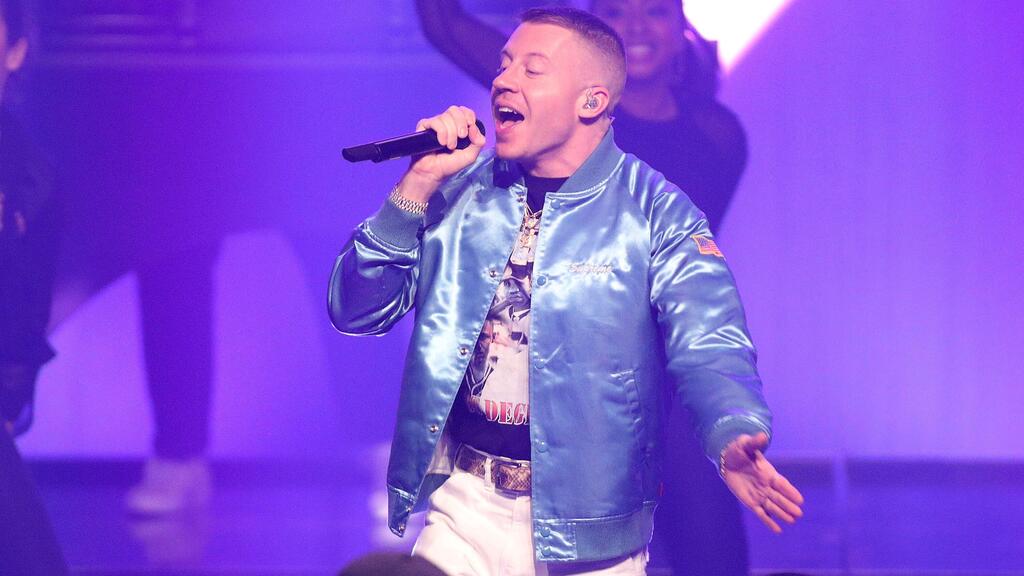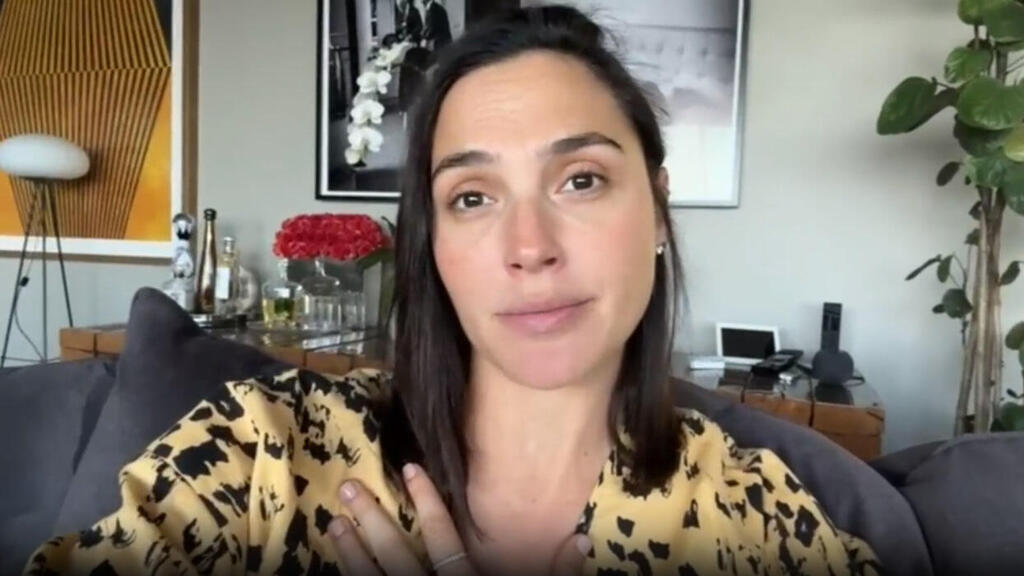Gal Gadot lost a million followers after posting support for Eden Golan ahead of the Eurovision contest. Michael Rapaport, Amy Schumer and Mayim Bialik are among the stars facing daily online attacks due to their support for Israel since October 7. However, some are targeted for much less.
Taylor Swift, Beyoncé, Zendaya, Drake, Justin Bieber and the Kardashian family are among the big names on the new boycott list. They didn't actually do anything – many just stayed silent for too long, according to critics on social media.
Since the start of the Gaza war, anti-Israel campaigns have proliferated across the United States. Campus protests call for divestment, people shout "Genocide Joe" in the streets and storm White House offices, and even the halls of Google are not exempt. Now, a new campaign is gaining traction on social media, particularly on TikTok.
Under hashtags like #blockout and #digitine (a portmanteau of "digital guillotine"), users are calling to block the Instagram, TikTok, Facebook and X accounts of numerous celebrities who haven't clearly spoken out against Israel in the conflict. Campaign organizers argue that the silence of these stars on the Gaza situation is particularly deafening. They aim high, targeting names like Taylor Swift, Beyoncé and Kim Kardashian. According to campaign supporters, the stars' silence on the issue reflects indifference and a disconnect from reality, so it's time to "punish" them by hitting them where it hurts – in their wallets.
"It's time for what I call a 'digital guillotine,'" explained content creator @LadyFromTheOutside, who spearheaded the movement. "It's time to block all celebrities, influencers and the wealthy who don’t use their resources to help those in need. We gave them the platform; now it's time to take it back."
The digital protest peaked last week during the Met Gala, the annual fashion event in New York. Many online criticized the lavish and glamorous event, which took place as Israel announced a limited military operation in Rafah. According to organizers, the stark contrast between the celebrities' nonchalance and the dire situation in the Palestinian territories only heightened the impression of detachment and lack of empathy. Many compared the Met Gala to "The Hunger Games," the dystopian series depicting a pampered elite living in luxury while the masses face poverty and oppression.
As part of the protest, digital guillotine organizers are primarily targeting young people on social media, encouraging them to unfollow and block their favorite stars. They explain that every like, view or follow the celebrities receive translates into money for them, mainly through ads and sponsorships. Therefore, the only way to impact them is to deprive them of their digital-currency fans' attention. In videos circulating online, users eagerly document how they block the stars, warning: "Don't let them profit from their silence!"
2 View gallery


Macklemore released anti-Israel track 'Hind's Hall'
(Photo: Florian Ebener/Getty Images)
However, not everyone agrees with this approach. Some argue that focusing on celebrities' silence is a waste of energy and that efforts would be better spent raising awareness about the situation on the ground. Others believe it's unrealistic to expect Hollywood stars to serve as moral compasses in complex conflict zones, and that such expectations are as out of touch as the silence itself. Skeptics also question the boycott's effectiveness, given that major celebrities have strong fan bases unlikely to abandon them easily. Furthermore, the publicity around the campaign might attract new followers from the opposite camp.
In response, some stars have already reacted to the threat to their popularity. Some, like rapper Macklemore and singer Lizzo, quickly released pro-Palestinian songs and statements, which some argue were intended to appease critics rather than out of genuine empathy. TikTok star and Sports Illustrated model Haley Kalil, for example, faced a barrage of angry comments when she tweeted that she was "not informed enough on the topic to speak out" – an excuse that only highlighted the perceived disconnect.
Overall, the digital protest highlights the growing tension and polarization surrounding the Israel-Gaza conflict, extending even to the world of celebrity influence.
First published: 23:48, 05.16.24




